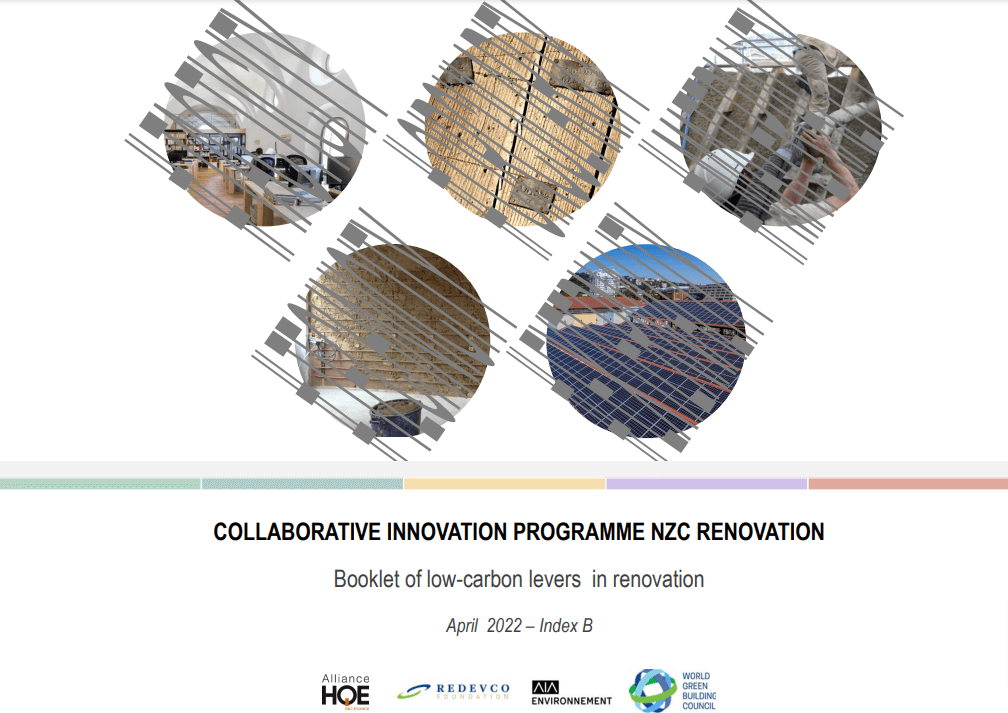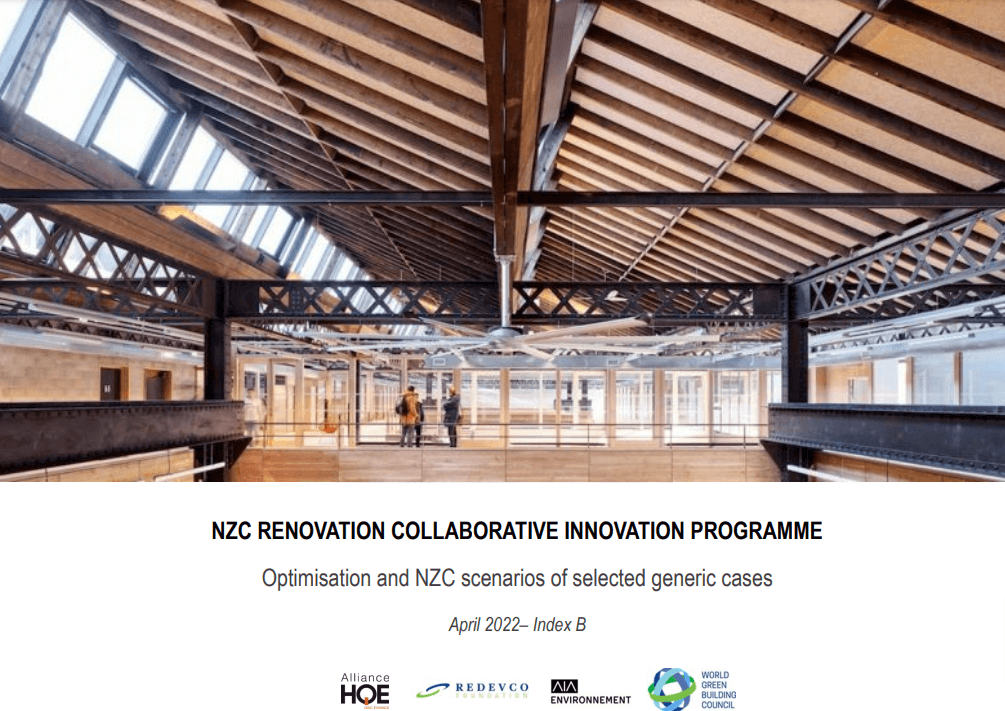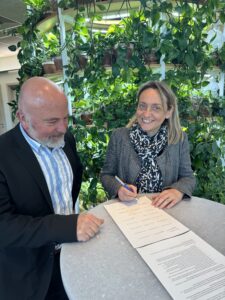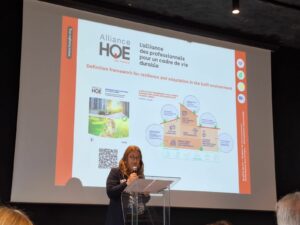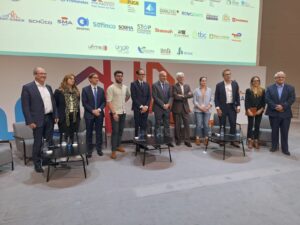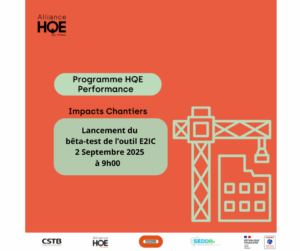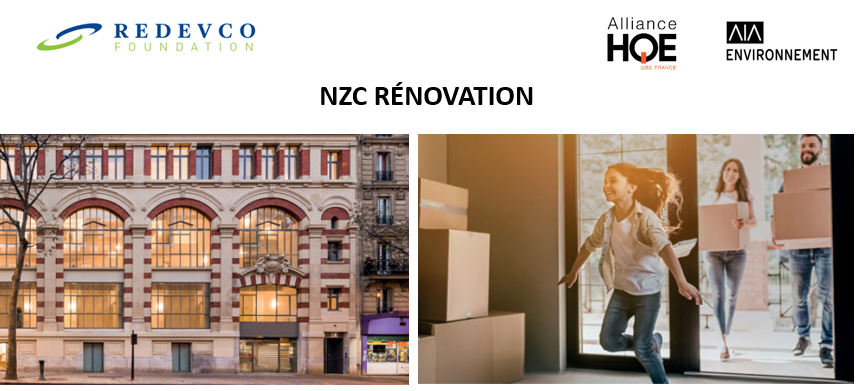
France, the country which saw the birth of the Paris Agreement, has set itself several objectives in order to maintain the course of 2°C, such as achieving carbon neutrality by 2050, reducing greenhouse gas emissions from total building consumption by 54% in 2028 in the construction sector and much more. To accelerate this transformation, the next French environmental regulation (RE2020) will take into account emissions from the entire life cycle calculated from recognized assessment tools which will be integrated in 2020.
The objective of carbon neutrality by 2050 is also included in the national plan for the energy renovation of buildings which offers suitable tools to massively renovate residential and tertiary buildings. The objective is twofold; reduce bills and energy consumption in buildings while meeting the social challenge of combating fuel poverty.
To deal with the environmental challenges in renovation, Alliance HQE-GBC carried out an HQE Performance renovation test in 2017 in order to calculate the impacts linked to the renovation of all buildings. Wishing to continue this subject, Alliance HQE-GBC, thanks to funding from the Redevco Foundation, is launching a study to find levers to reduce carbon emissions in existing buildings.
The program aims to identify a coherent method to assess the performance of existing buildings over the entire life cycle, focusing on representative case studies to highlight effective levers for reducing carbon emissions on the French market, with the aim of sharing its work across Europe by making available in English the methodology and case studies realized.

This project is organized in collaboration with the World GBC which will allow communication throughout Europe thanks to its network and the engineering firm AIA ENVIRONNEMENT which will provide its expertise in various fields.
This project will consist of several parts:
- The readjustment of the LCA renovation method carried out during the HQE Performance 2017 test
- Case studies and optimization
- Writing a guide to good practices by carrying out a technical-economic study of optimization projects to get closer to carbon neutrality

It will take place from November 2019 to April 2021 and will be punctuated with events at each of these tasks such as COP26, MIPIM 2021.
Each stage aims at increasing interest, measurement, reduction and engagement of professionals, in regard with all emissions over the entire life cycle of existing constructions.
The project will end with a publication of the final report and communications through various media, to allow a wider audience to appropriate it.
You can read or download the following documents:
